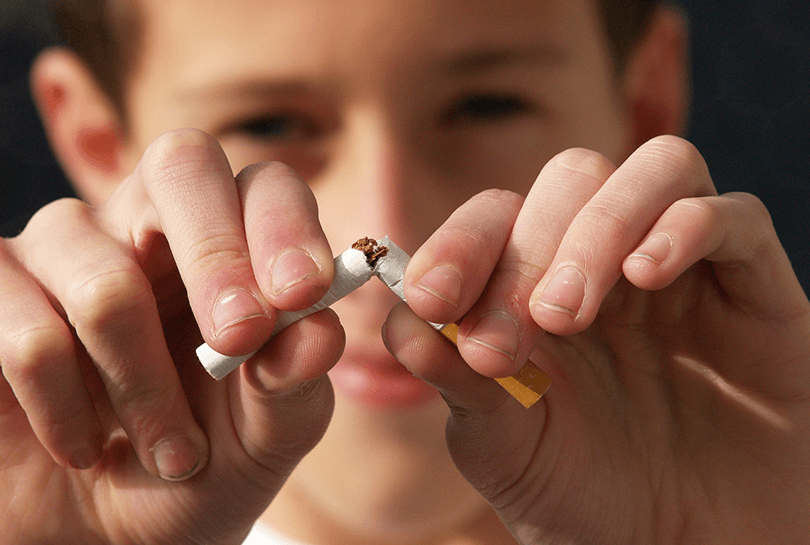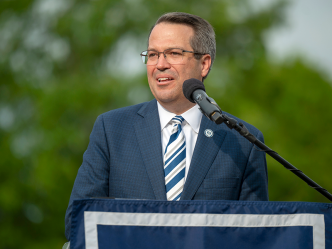The World Health Organization designated May 31 as World No Tobacco Day. Despite all the awareness campaigns, education and advice – people are still lighting up.
In fact, according to the Centers for Disease Control and Prevention, more than 16 million Americans are living with a disease caused by smoking. If smoking continues at the current rate among U.S. youth, 5.6 million of today’s Americans younger than 18 years of age are expected to die prematurely from a smoking-related illness. This represents about one in every 13 Americans aged 17 years or younger who are alive today.
“Our community cannot afford to lose another life to smoking and second-hand smoke,” said Dr. Martha Tingen, associate director for cancer prevention, control and population health at the Georgia Cancer Center. “World No Tobacco Day was created to remind us of that and to let smokers and their loved ones know resources and help in quitting are available.”
Research has shown smoking can cause at least 14 different cancers. One of those cancers, lung cancer, is the deadliest form of cancer for both men and women. According to the American Cancer Society (ACS) and the American Lung Association (ALA), smoking and conditions related to tobacco use cause nearly 90 percent of all lung cancer deaths.
Tingen is building a comprehensive cancer prevention and control research program to assess the impact of healthier lifestyle choices on reducing preventable cancer deaths, including the use of all tobacco products as well as second-hand smoke exposure.
“Despite declining numbers of tobacco users across the United States, the number of electronic cigarette users, particularly among youth, has increased since 2011 according to Centers for Disease Control and Prevention,” Tingen said. “In a recent study by the National Cancer Institute, researchers found adolescents who regularly used pod-style e-cigarettes, such as the brand Juul, had higher levels of nicotine in their bodies than have previously been found in adolescents who regularly smoked conventional cigarettes.”
For those living in the CSRA, the Georgia Cancer Center offers the Tobacco Cessation Program to help people kick the habit for good. It includes medications to help with the physiological addiction to smoking, as well as behavioral skills counseling to deal with the psychological addiction and dependency. For more information, please call us at (706) 721-0456 or visit the program’s website.
 Augusta University
Augusta University




